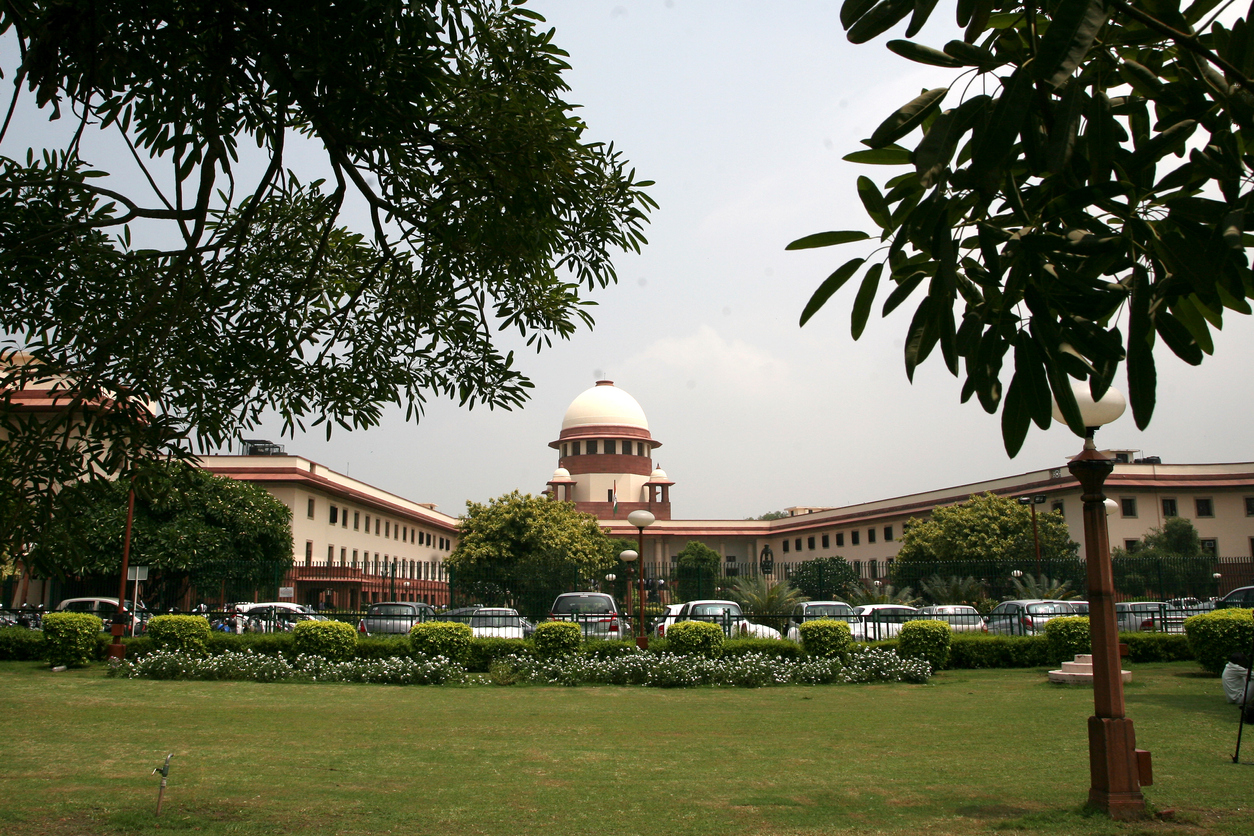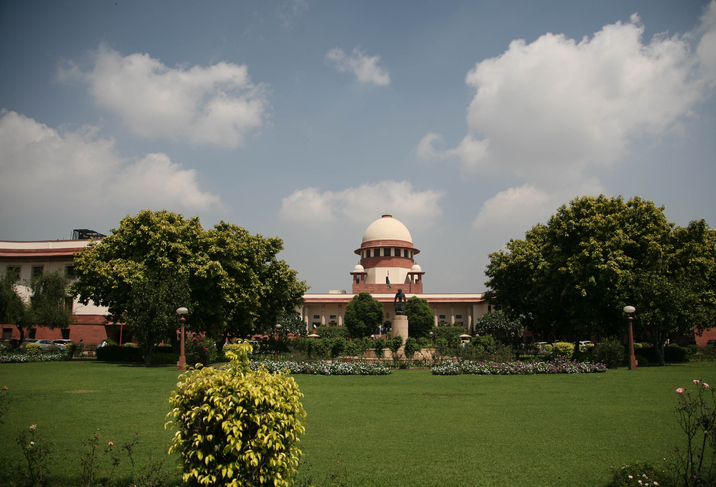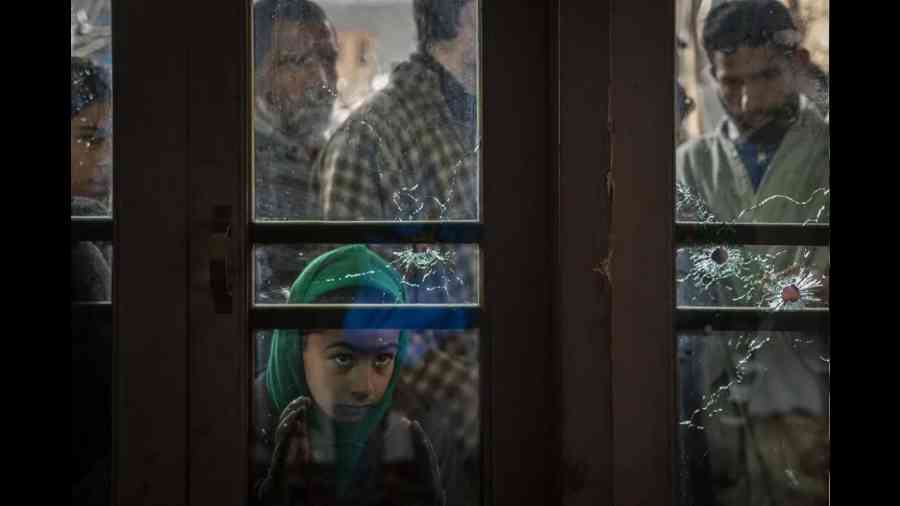
What Distinguishes Disturbance to Public Order from Sedition? A 1950 SC Decision Shows the Way
The judgement delineated boundaries for acts that seriously threaten public disorder and thus the existence of the State, and those that don't
The last few years have been marked by a series of protests, where Indian citizens have collectively exercised their freedom of expression. These protests have also propelled the state to incarcerate certain prominent public activists on grounds of maintaining public order and by invoking the law on sedition. This raises certain inevitable questions – do all perceived breaches of public order, irrespective of their degree and potency, merit restriction on the freedom of expression? When does such a breach threaten to overthrow the state? A 1950 judgment of the Indian Supreme Court provides food for thought.
Romesh Thappar, a journalist and known Marxist ideologue, published and edited an English weekly journal called Cross Roads within the Madras state (as it then was). The journal regularly carried writings critical of the then Congress government’s policies. On March 1, 1950, the Madras government banned the entry and circulation of Cross Roads under Section 9(1A) of the Madras Maintenance of Public Order Act, 1949, for securing public order and maintaining public safety within the state.
Thappar challenged this ban as well as Section 9(1A), claiming violation of his fundamental right to freedom of speech and expression. The government argued that the 1949 Act was a law relating to the security of the state, and actions taken under it constituted a reasonable restriction on the freedom of expression.
In a resounding victory for this freedom, the Supreme Court ruled in favour of Thappar and set aside the government’s ban on Cross Roads. The Court categorically stated that “there can be no doubt that freedom of speech and expression includes freedom of propagation of ideas, and that freedom is ensured by the freedom of circulation.”
Simultaneously, the Court also held that unless Section 9(1A) of the 1949 Act concerned any matter undermining the security of, or tending to overthrow the state, it would be unconstitutional for violating the freedom of expression, even if it may have been conceived generally in the interests of public order or public safety. The Court stated that the Constitution has varying criteria for permissible restrictions on the freedom of speech and expression, and draws a boundary between “serious and aggravated forms of public disorder which are calculated to endanger the security of the State and the relatively minor breaches of the peace of a purely local significance.” Only a higher degree of threat pertaining to the endangerment of the foundations of the state “could justify curtailment of the rights to freedom of speech and expression.”
The Court made a rather interesting observation on the process of drafting of clause (2) of Article 19, which is the provision comprising permissible restrictions on the freedom of expression. In its draft form, this provision allowed the government to conceive a law on “sedition” to justifiably restrict the freedom of expression. Eventually though, the Constitution framers deleted the word sedition from the draft. The Supreme Court pointedly commented on this aspect and said:
“Deletion of the word “sedition” … shows that criticism of Government exciting disaffection or bad feelings towards it is not to be regarded as a justifying ground for restricting the freedom of expression and of the press, unless it is such as to undermine the security of or tend to overthrow the State. … Thus, very narrow and stringent limits have been set to permissible legislative abridgement of the right of free speech and expression, and this was doubtless due to the realisation that freedom of speech and of the press lay at the foundation of all democratic organisations.”
Ideally, this judgment should put to rest all doubts about when concerns around disturbance to public order would warrant restrictions on the freedom of expression. Yet, 71 years after this judgment, sedition continues to remain a punishable offence in India, and is invoked frequently as a restriction on the freedom of speech and expression. The slightest apprehension of disturbance to public order cannot warrant restraint on this freedom. If that were to be the case, democracy would have a tough time flourishing in India.


